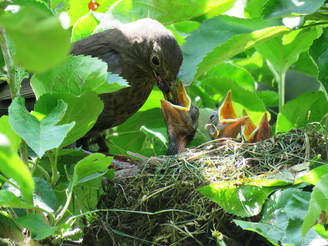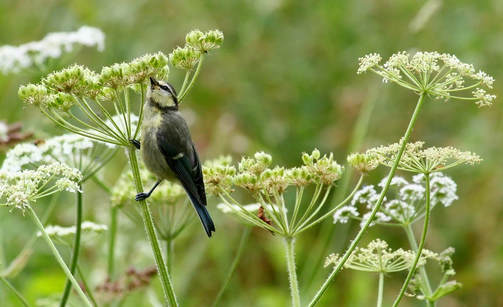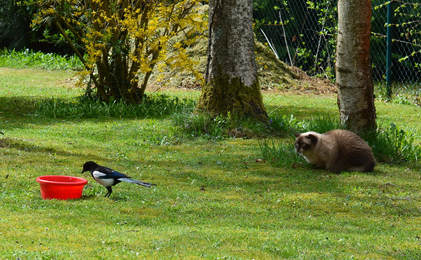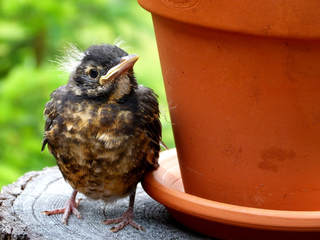Birds aren't just an important part of our ecosystem, they also make the world around us more interesting! Create or improve bird habitat in your own yard by following a few simple steps:

Provide nesting sites
- Choose native plants
- Structural diversity (plants growing at different heights and assemblages)
- Mimic natural landscape configurations (plant native species in a mosaic design- where species are overlapped and grown in clumps)
- Leave dead trees or dead limbs
- Leave brush piles and grass clippings

Mow smart
- Set aside "no-mow" areas
- Do not mow native tree saplings and shrubs
Thanks to Point Blue Conservation Science (Port Reyes Bird Observatory) for providing the above information.
|
Mason Conservation District
450 W Business Park RD Shelton, WA 98584 Phone: (360) 427-9436 Fax: (360) 427-4396 |
|


